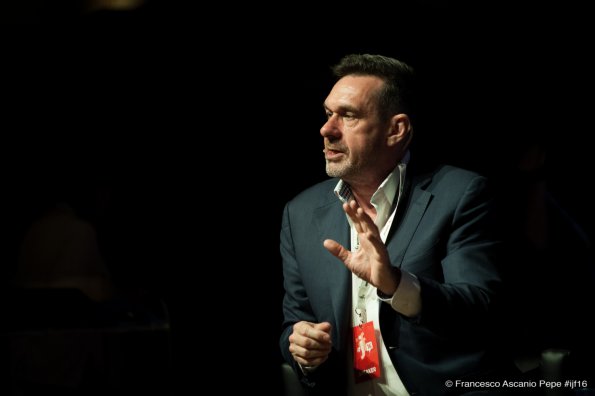
On April 2, Wikileaks released the transcript of a conversation between two International Monetary Fund (IMF) officials. They were discussing the bailout negotiations for Greece and suggesting to stage a “credit event”, to force the country close to default.
In a nation still struggling with a deep economic crisis and holding tens of thousands of refugees, the consequences of a bankruptcy would be catastrophic.
“I don’t think anybody in their right mind should fantasise about inflicting this again on Greece”, says British journalist Paul Mason.
In 2015, Mason produced #ThisIsACoup, a four-part documentary directed by Theopi Skarlatos, a British journalist of Greek origin.
The first episode shows the rise of the left-wing political party Syriza. When prime minister Alexis Tsipras was elected in January 2015, people had high hopes. For the first time in recent Greek history, politicians were close to the people they represented. They said they would work for all their citizens rather than for themselves, and they promised to save their country saying no to further austerity measures imposed by the European Union and the international creditors.
The last episode, filmed in July – after Tsipras signed a deal with the creditors for a new bailout, thus accepting further austerity measures – shows the disillusion of the Greek people. Nobody could understand what happened.
“It did feel like the psychological pressure you can feel in a war zone, when you have no agency, when you cannot do anything, you cannot achieve anything,” says Mason.
Since then, things have only changed for the worse: “Any normal politician would at this point seriously think that maybe some big technocratic government could do this better,” adds Mason. “But I’m glad [Tsipras] didn’t do it. I think it is a very good thing for humanity that Syriza has stayed in power […], to hold a shield above the poor and the migrants. They are still inflicting austerity measures and a terrible deal for the refugees, but I know that if it had been inflicted by the traditional parties, it would be much worse”.
Watch here the interview with Paul Mason: